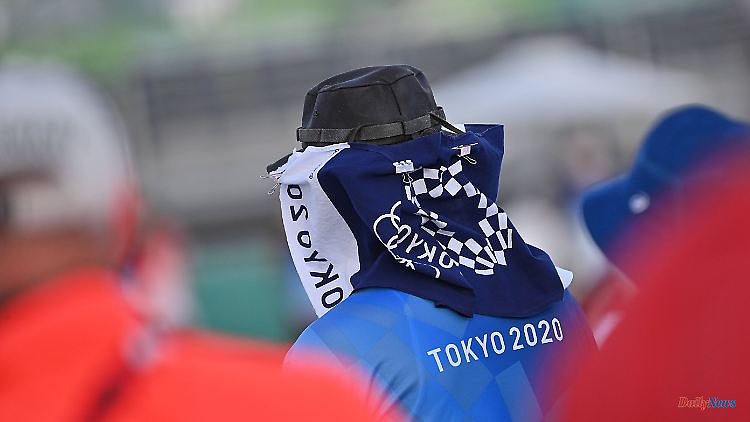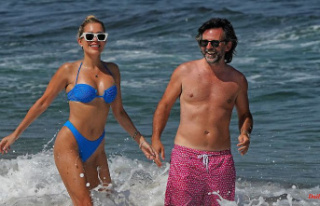It is said to be more than 280 million euros, illegal agreements and corruption: The investigations into the 2021 Summer Olympics are ongoing. Now the focus is on Japan's largest advertising agency. Their boss is said to have already made a confession.
The swamp of corruption surrounding the Tokyo Olympics continues to widen. After several arrests on suspicion of bribes, prosecutors are now targeting Japan's largest advertising agency Dentsu, which was the exclusive marketing agency for the Tokyo Games, rival Hakuhodo and four other companies.
According to information from the Japanese news agency Kyodo, the six companies and seven suspects are facing charges of alleged collusion in tenders. Japan's competition commission has turned to the public prosecutor's office.
Dentsu and Hakuhodo had already been the target of raids at the end of last year. Haruyuki Takahashi, a former Dentsu employee who served on the board of the Games Organizing Committee, has been jailed on multiple counts of corruption. He is suspected of having accepted bribes equivalent to several hundred thousand euros, in particular for the award of advertising contracts. Dentsu Group boss Hiroshi Igarashi has admitted to prosecutors that the company was involved in illegal bid-fixing for the games, sources said.
Yasuo Mori, ex-manager at the Olympic Games Organizing Committee, is among those suspected of violating the anti-monopoly law, Kyodo said. It is about illegal bid-fixing for contracts in connection with test events for the Olympic Games, which took place in Japan's capital in 2021. Employees of the six companies accused by the Competition Commission of colluding with Mori.
Prosecutors had recently arrested Mori and three people. As local media reported in the course of this, the tenders were worth a total of 40 billion yen (285 million euros). According to the statement, the four men are accused of "restricting free competition" when planning test events between February and July 2018. Accordingly, the arrested persons had already decided in advance which company would receive an order and agreed that only this company should take part in the tender.












